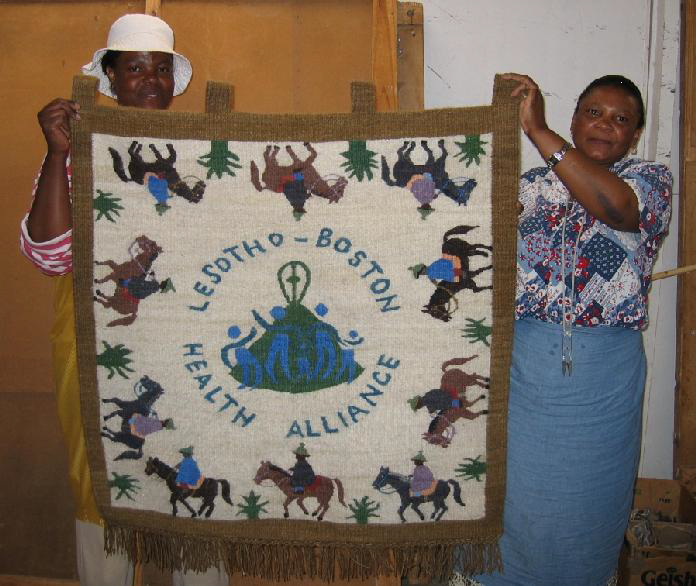
Applicant Information
The Family Medicine Specialty Training Program was created to strengthen district-level health services in Lesotho. Lesotho faces many health challenges, including epidemic incidence of HIV/AIDS and tuberculosis, high maternal and under 5 mortality rates, and excess violent deaths due to RTA’s, suicide, and domestic abuse.
Training Sites
Clinical training takes place primarily on the district hospital level. Presently Leribe, Mokhotlong, Butha Buthe, Qacha’s Nek, Berea, and Mafeteng districts have FMSTP registrars. The program is also partnering with Maluti Adventist Hospital (Mapoteng). Some specialist rotations take place at Queen Mamohato Memorial Hospital in Maseru, which is the main referral hospital for the districts. Other sites are the Mohlomi Psychiatric Hospital and the Baylor International Pediatric
AIDS Initiative.
Employment Contracts
Registrars benefit from a multi-year contract with a 25% bonus upon completion of their contract. Registrars are on Grade I or J employee status under contract of the Government of Lesotho. Housing is part of the contract. Other benefits include membership in the Lesotho Medical Association, Internet access, online access to the Boston University library system, as
well as monthly teleconferences with Boston-based family medicine faculty.
Eligibility
Any Lesotho national (and now international physicians) who has completed medical school and an internship of two years inside or outside Lesotho can apply for admission.
Accreditation and Credentials
The program was accredited initially by the Lesotho Council of Higher Education in 2013. Upon successful completion, the graduates qualify as Specialists/Masters in Family Medicine. The credentials are awarded by Boston University Chobanian & Avedisian School of Medicine.
We wish to thank the Lesotho Ministry of Health and the Global Fund Coordinating Unit for the financial support. The MoH pays the salaries of the faculty members and present registrars as well as providing housing, as are all civil servants, while the administrative and teaching costs are covered by the Global Fund Coordinating Unit.
